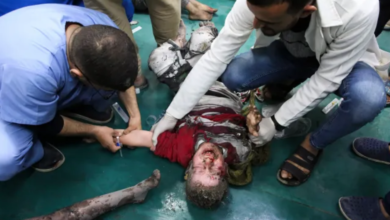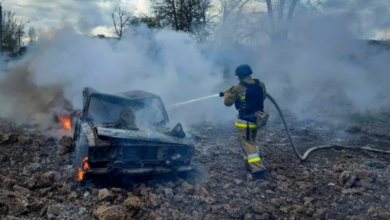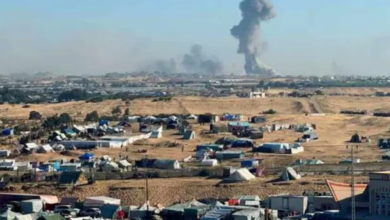Iran makes first arrests as schoolgirls’ poisoning affects 5,000 students

Iran announced on Tuesday that its intelligence agencies have started making the first arrests after more than 5,000 students were affected by mystery poisonings beginning November last year. This came a day after Iran’s Supreme leader. Ayatollah Ali Khamenei, called for the perpetrators of the “unforgivable crime” to be tracked down “without mercy”.
The interior ministry released a statement that “a number of people” suspected of manufacturing hazardous substances had been arrested in six provinces, including a student’s parent. According to an AFP report, Iran’s deputy interior minister, Majid Mirahmadi, told state media that the intelligence agencies made several arrests, “and the relevant agencies are conducting a full investigation”.
According to the statement, arrests were made in Khuzestan, West Azerbaijan, Fars, Kermanshah, Khorasan and Alborz provinces.
The poisonings began in November in the holy Shi’ite Muslim city of Qom and spread to 25 of Iran’s 31 provinces. It began a month after the nationwide protests over the death of Mahsa Amini, who died in police custody after she was detained for violating hijab regulations.
Students have complained of shortness of breath, nausea and vertigo after reporting “unpleasant” odours on school premises.
Mohammad-Hassan Asafari, a member of the parliamentary fact-finding committee, told Iran’s ISNA news agency that approximately 230 schools were affected, and more than 5,000 schoolgirls and boys were poisoned.
The interior ministry statement said one of those arrested used their child to bring the “irritant” into the school, and then made videos of sick students to send them to “hostile media” to “create fear… and close schools”. The ministry further added that three of the accused arrested have criminal records “including involvement in the recent riots”, referring to the protests sparked by Mahsa Amini’s death.
Earlier on Monday, the interior ministry had said that so far no toxic or dangerous substances have been found in any of the students transferred to medical centres. Further, irritant materials were found in less than five per cent of the students transferred to hospitals, it added.
Deputy health minister Saeed Karimi said the inhaled irritants may not necessarily be a gas but may be in the form of a powder or paste or even a liquid, “which when poured over a heater or vaporised by heat can cause complications”.
The attacks have raised fears, with many believing they are a deliberate attempt to force schools for girls to shut. Education for girls has never been challenged in more than 40 years since the 1979 Islamic Revolution.







